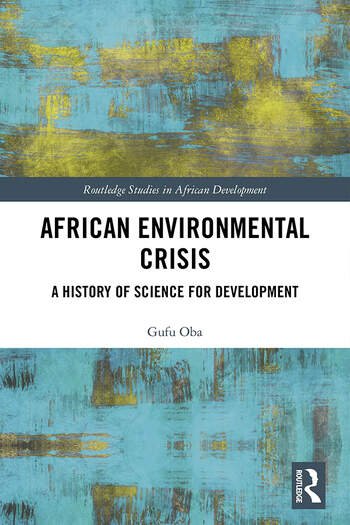

Most ebook files are in PDF format, so you can easily read them using various software such as Foxit Reader or directly on the Google Chrome browser.
Some ebook files are released by publishers in other formats such as .awz, .mobi, .epub, .fb2, etc. You may need to install specific software to read these formats on mobile/PC, such as Calibre.
Please read the tutorial at this link: https://ebookbell.com/faq
We offer FREE conversion to the popular formats you request; however, this may take some time. Therefore, right after payment, please email us, and we will try to provide the service as quickly as possible.
For some exceptional file formats or broken links (if any), please refrain from opening any disputes. Instead, email us first, and we will try to assist within a maximum of 6 hours.
EbookBell Team

4.8
44 reviewsThis book explores how and why the idea of the African environmental crisis developed and persisted through colonial and post-colonial periods, and why it has been so influential in development discourse. From the beginnings of imperial administration, the idea of the desiccation of African environments grew in popularity, but this crisis discourse was dominated by the imposition of imperial scientific knowledge, neglecting indigenous knowledge and experience.
African Environmental Crisis provides a synthesis of more than one-and-a-half century’s research on peasant agriculture and pastoral rangeland development in terms of soil erosion control, animal husbandry, grazing schemes, large-scale agricultural schemes, social and administrative science research, and vector-disease and pest controls. Drawing on comparative socio-ecological perspectives of African peoples across the East African colonies and post-independent states, this book refutes the hypothesis that African peoples were responsible for environmental degradation. Instead, Gufu Oba argues that flawed imperial assumptions and short-term research projects generated an inaccurate view of the environment in Africa.
This book’s discussion of the history of science for development provides researchers across environmental studies, agronomy, African history and development studies with a lens through which to understand the underlying assumptions behind development projects in Africa.